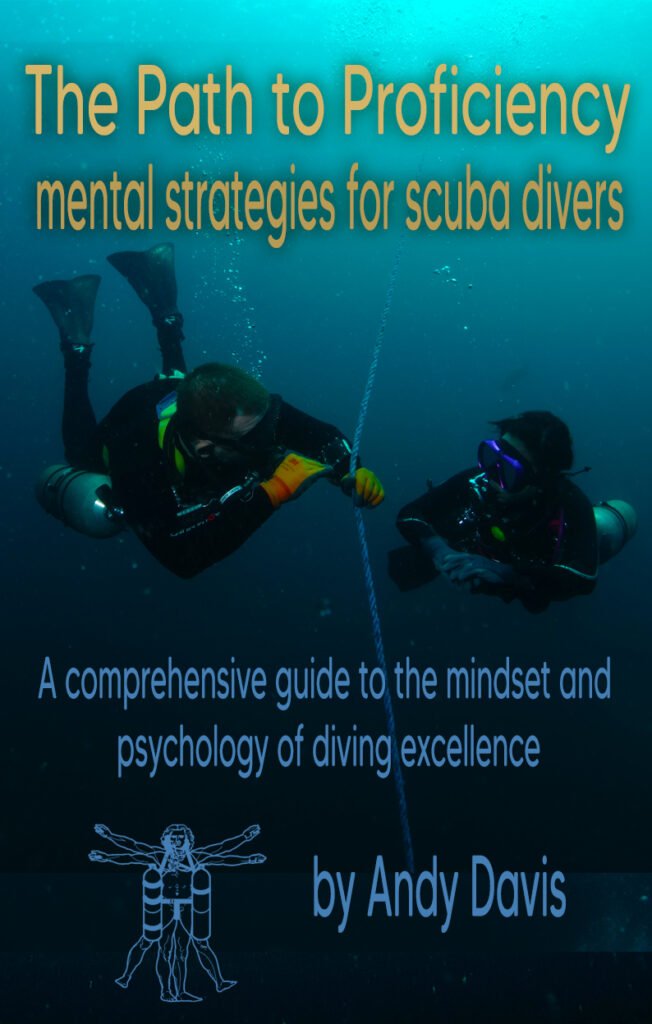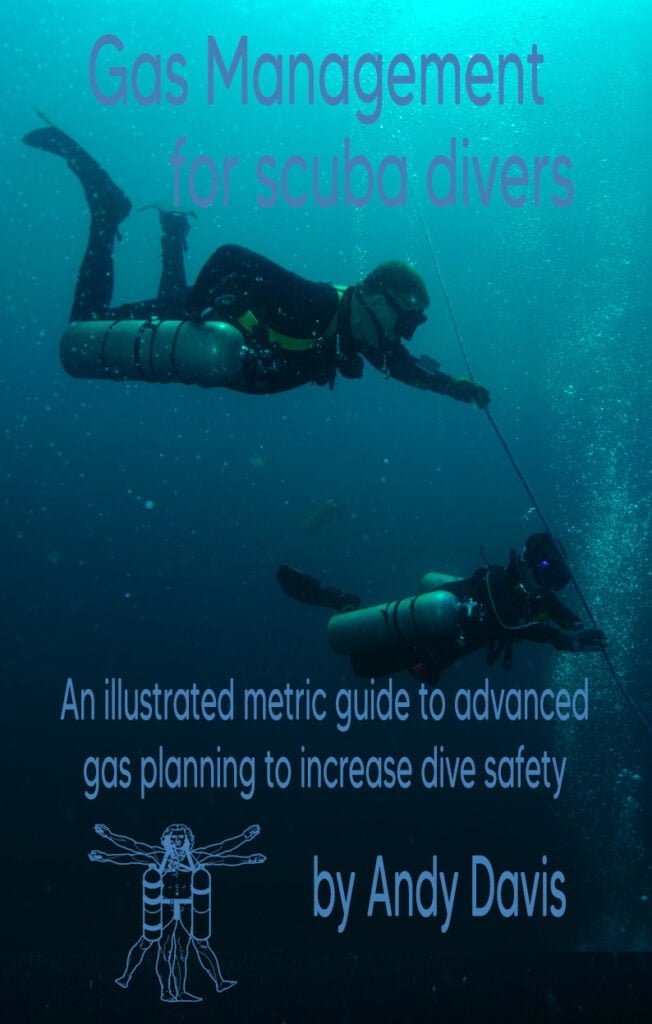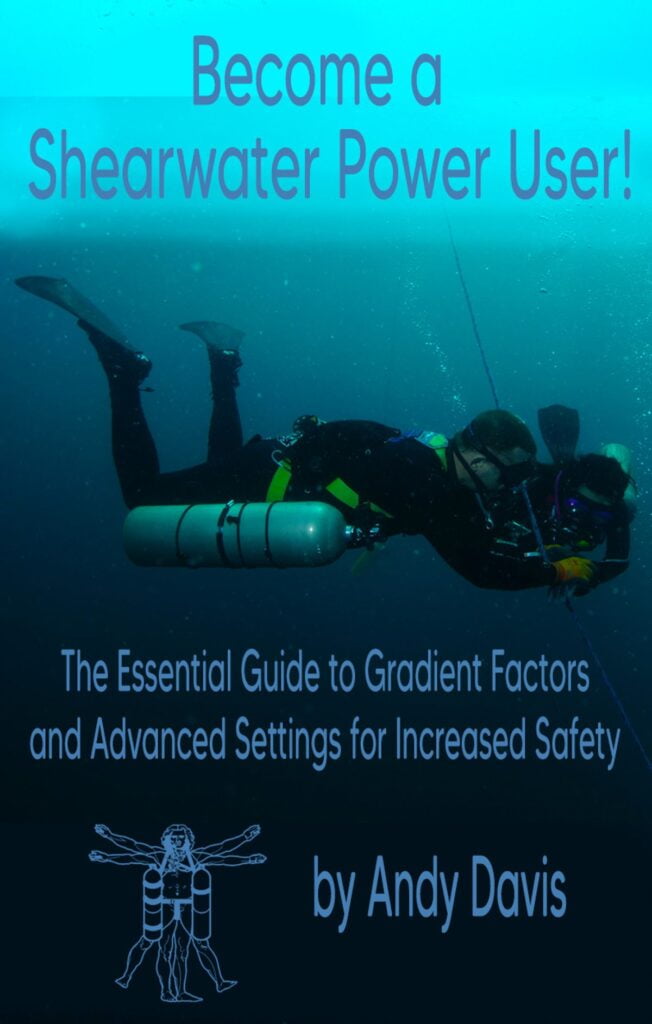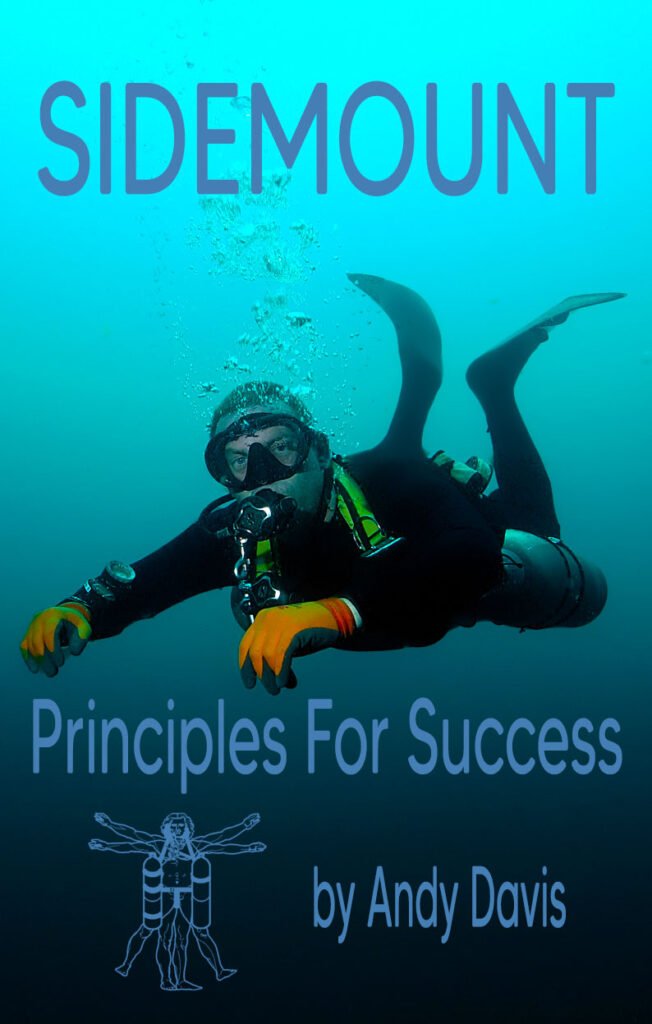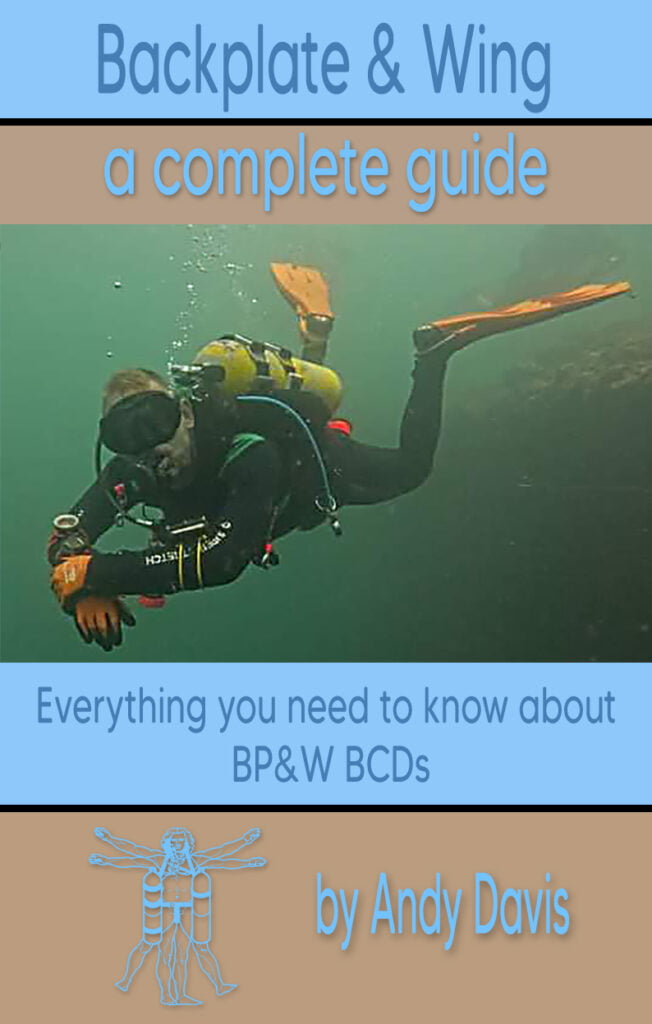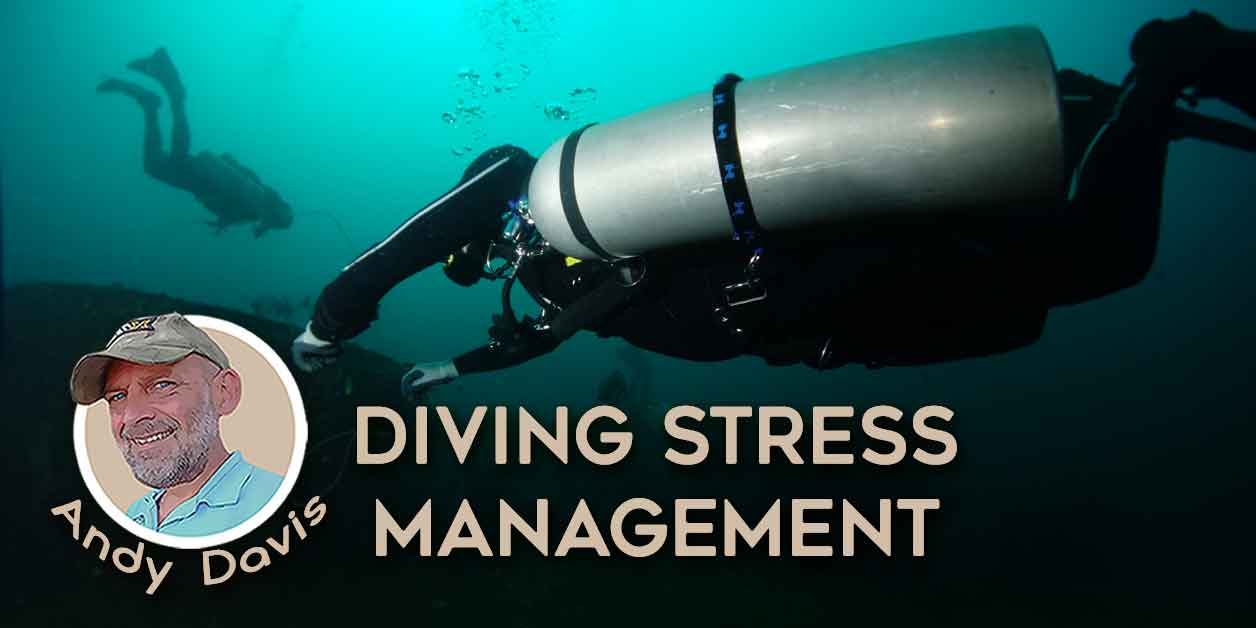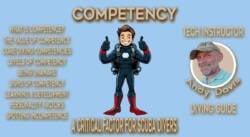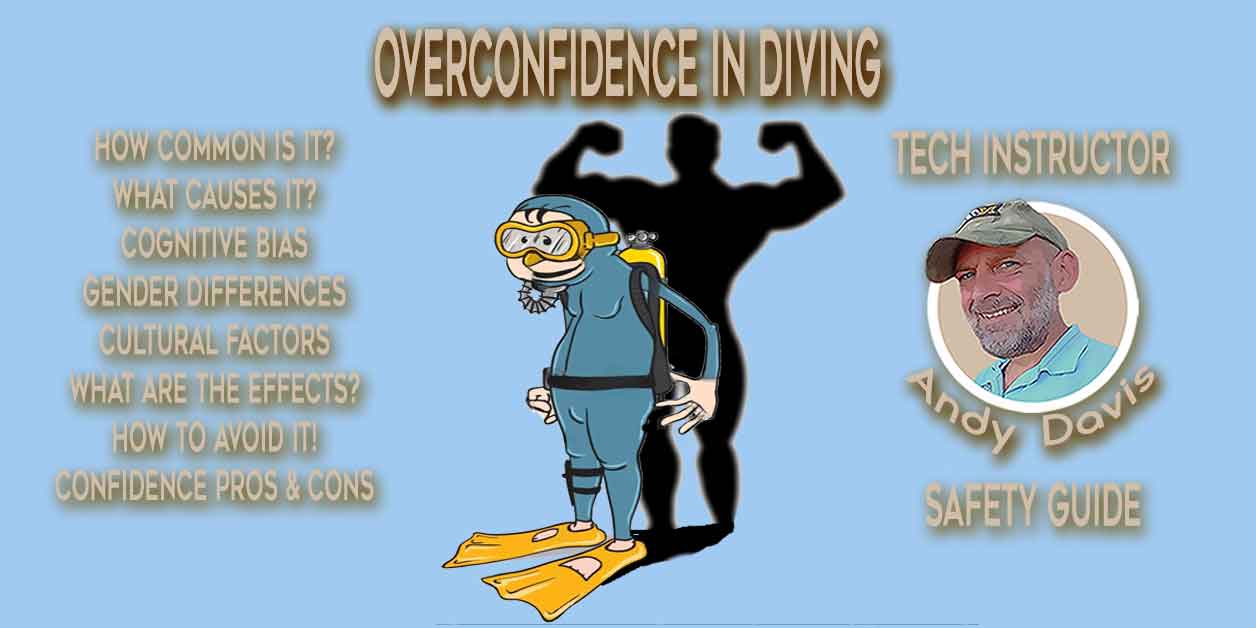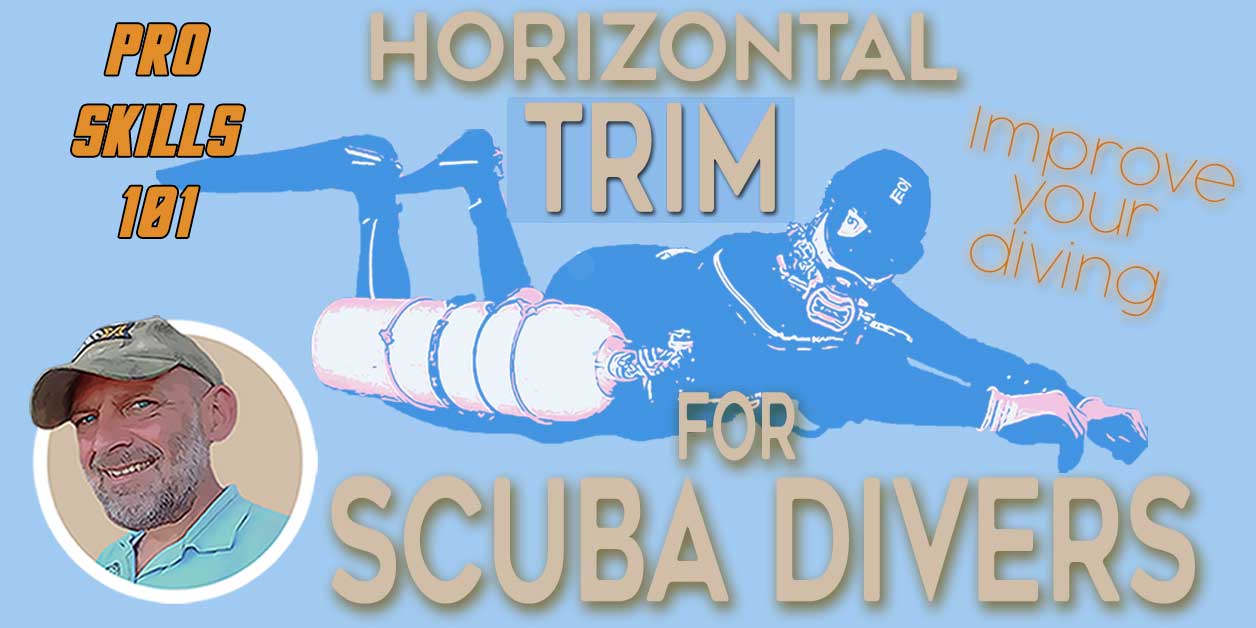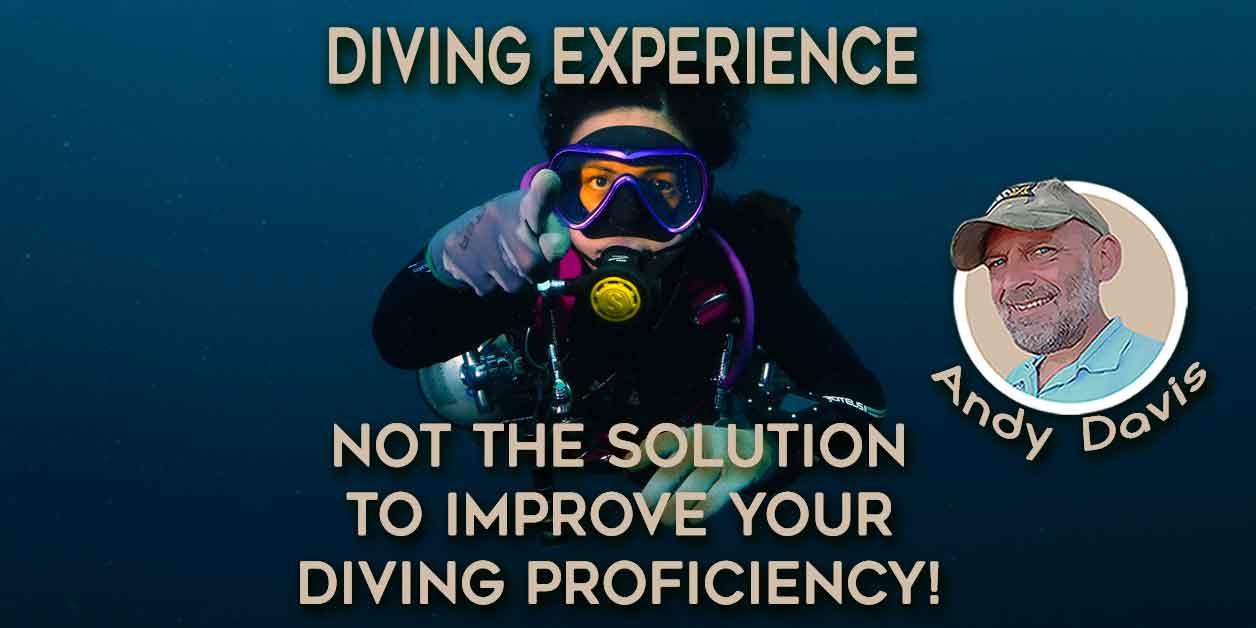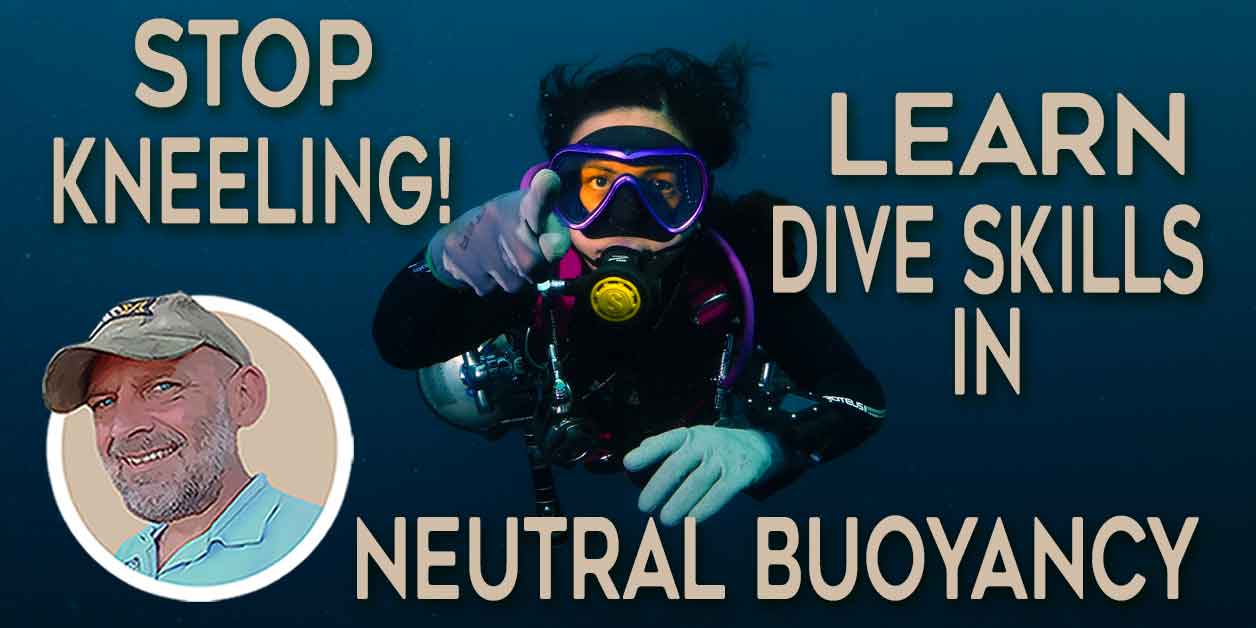Sublime Scuba Diving: Achieving Flow State for Divers
Have you ever done something you were skilled at and found yourself lost in the moment? Sports? Writing or coding? A practical hobby? Time passes unnoticed. Your actions are accurate and unconscious. Body and mind synchronize. Focus is absolute. This is the concept of flow state, and it is something you will benefit greatly from striving for a scuba diver.
Flow state is described as a state of effortless effort, where individuals feel fully immersed and focused on the task at hand. In this article, I will explore how divers can develop their scuba diving skills to achieve a flow state and elevate their diving experiences.
The best moments usually occur when a person’s body or mind is stretched to its limits in a voluntary effort to accomplish something difficult and worthwhile. Optimal experience is thus something that we make happen.
– Mihaly Csikszentmihalyi, ‘Flow: The Psychology of Optimal Experience‘.
Understanding Flow State as a Diver
Flow state, also known as being “in the zone,” is a psychological state coined by Goethe and further researched by scholars like Mihaly Csikszentmihalyi.
It refers to those moments of rapt attention and total absorption, where every action and decision flows seamlessly from one to the next. Divers often describe experiencing flow during their dives, where time seems to dilate and distractions fade away.
The 8 Characteristics of Flow State in Diving
The experience of flow, as described by Csikszentmihalyi, is characterized by eight key aspects:
1. Complete concentration on the task
When in a state of flow, individuals are fully immersed and focused on the task at hand. Distractions fade away, and attention is solely directed toward the activity.
2. Clarity of goals and immediate feedback
Flow is facilitated when individuals have a clear understanding of their goals and receive immediate feedback on their performance. This feedback loop helps them adjust and improve their actions in real time.
3. Transformation of time
Flow alters our perception of time. It can either speed up, where hours feel like minutes or slow down, where minutes feel like hours. This distortion of time is a common characteristic of the flow state.
4. Intrinsic reward
The experience of flow is intrinsically rewarding. The joy and satisfaction come from the activity itself rather than external factors. The process becomes its own source of motivation and gratification.
5. Effortlessness and ease
Flow is accompanied by a sense of effortlessness and ease. Despite the challenges presented by the task, individuals feel a natural fluency and skill in performing it. The actions flow smoothly and seamlessly.
6. A balance between challenge and skills
Flow occurs when there is a delicate balance between the challenge level of the task and the individual’s skills. The challenge should slightly exceed their current abilities, creating an optimal level of stimulation and engagement.
7. Merging of actions and awareness
In a state of flow, actions, and awareness become fused. Individuals are fully absorbed in the activity, and their sense of self-consciousness diminishes. There is no room for rumination or distractions, as attention is fully directed toward the task.
8. The feeling of control
Flow is characterized by a sense of control over the task. Individuals feel competent and capable of handling the challenges presented to them. This sense of control further enhances the flow experience.
These eight characteristics provide a framework for understanding and identifying the flow state, allowing individuals to cultivate and optimize their experiences in various activities and endeavors.
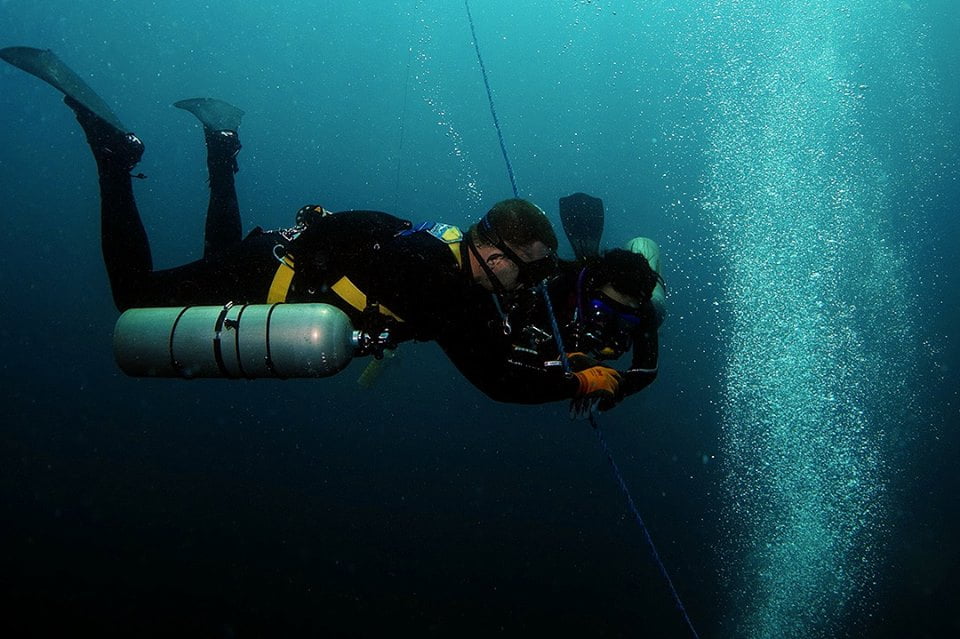
What isn’t the Flow State in Diving?
Flow state in diving should not be confused with the following:
- Mind wandering: Flow state is characterized by focused attention and deep engagement, unlike mind wandering where thoughts drift aimlessly without purpose or direction.
- Boredom: Flow state is not synonymous with boredom. In flow state, divers experience heightened interest, enjoyment, and fulfillment, while boredom is characterized by a lack of engagement and interest in the task at hand.
- Excessive stress: Although flow state requires a certain level of diving challenge, it should not be excessively stressful or overwhelming. Whilst stress can cause time dilation and intense focus, flow state occurs when the challenge is balanced with an individual’s skill level, leading to a state of optimal performance and enjoyment.
- Passive relaxation: Flow state in scuba diving is an active and engaging mental state that requires effort and concentration. It is not the same as passive relaxation or leisurely activities that promote rest and recovery.
- Distraction: Losing track of time when task-loaded or distracted by the sights of a scuba dive isn’t a flow state (Nakamura et al., 2009).
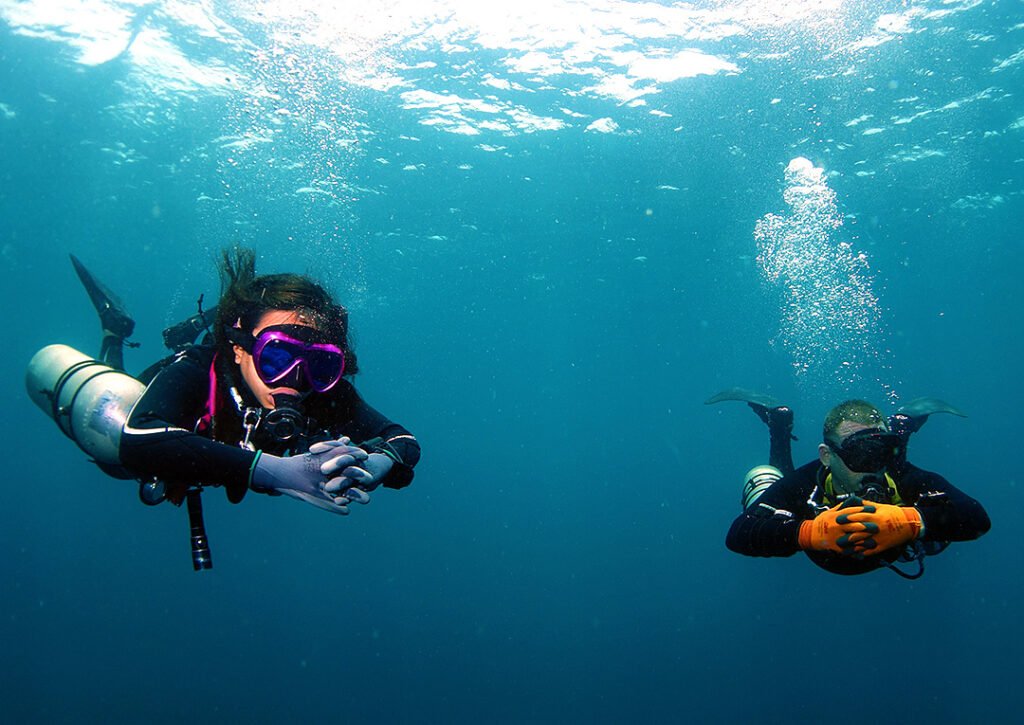
What Happens in the Brain During Flow State?
The sciences of neurology and psychology have attempted to provide an explanation of flow state:
- Flow state is associated with decreased activity in the prefrontal cortex.
- The prefrontal cortex is responsible for higher cognitive functions.
- In flow state, the prefrontal cortex temporarily down-regulates (Dietrich, 2003), leading to feelings of distorted time, loss of self-consciousness, and loss of inner critic.
- Transient hypofrontality is the process of temporary inactivation of the prefrontal area during flow state.
- Inhibition of the prefrontal lobe allows the implicit mind to take over and facilitates creative processes (Dietrich, 2004).
- Flow state may be related to the brain’s dopamine reward circuitry and heightened curiosity (Gruber, Gelman, & Ranganath, 2014).
During flow state, the prefrontal cortex experiences decreased activity, a phenomenon known as transient hypofrontality. This temporary inactivation of the prefrontal area allows other brain regions to communicate more freely and engage in a creative process.
It leads to the distortion of time, loss of self-consciousness, and loss of the inner critic. The prefrontal cortex is responsible for higher cognitive functions and conscious awareness.
Additionally, flow state is hypothesized to be connected to the brain’s dopamine reward circuitry, which enhances curiosity during this state.
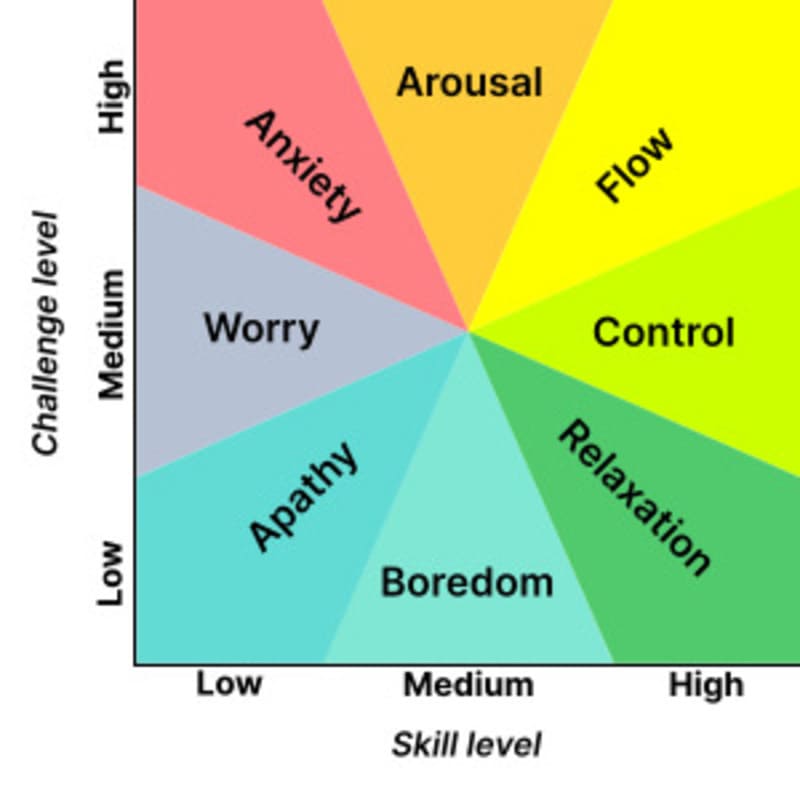
The Role of Skills and Challenges in Diving Flow State
To achieve flow in scuba diving, it is crucial to strike a balance between the challenge of the dive and the diver’s skill set.
This balance, known as the “golden rule to flow,” occurs when the challenge slightly exceeds the diver’s skills. It is during these moments that divers are fully engaged, and their attention is solely focused on the dive.
To develop scuba diving skills and create the conditions for flow, divers should embrace the discomfort of stretching their abilities without pushing them to the breaking point.
It is essential to gradually expand their skill set and become comfortable with being uncomfortable.
Preparing for Flow State in Scuba Diving
To increase the likelihood of entering a flow state during a scuba dive, divers can utilize various techniques and strategies. These “flow triggers” can help prepare both the diver and the diving environment for optimal performance. Here are some key flow triggers that can benefit scuba divers:
- Complete Concentration: Start the dive session with a clear mind and total focus on the upcoming dive. Eliminate any factors that take your mind off the deliberate practice of diving skills.
- Time and Schedule: Identify the time of day when you feel most awake and alert. Schedule your training dives during this period to maximize your physiological readiness and mental acuity.
- Distraction Management: Practice distraction management ahead of time. Minimize interruptions during the dive by eliminating external distractions and creating a calm environment.
- Dopamine Triggers: Dopamine is a neurotransmitter associated with focus, attention, and excitement. Incorporate activities that stimulate dopamine release into your pre-dive routine. Seek novelty, complexity, unpredictability, and experiences of awe to amplify your dopamine levels.
- Comfort Zone: Push your skills comfort zone during your dives. This can involve challenging yourself with more demanding drills in a safe and calculated manner. Demanding challenges can elevate motivation and trigger the release of dopamine.
Purchase my exclusive ebook!
A comprehensive guide to the mindset and psychology of diving excellence.
$20 Printable PDF Format, 298 pages
The Four ‘F’s: Flow State Factors
The four flow state factors are focus, freedom, feedback, and Four % challenge:
- Focus requires intense concentration and blocking out distractions to experience flow.
- Freedom involves letting go of self-scrutiny and trusting your abilities, allowing things to happen automatically.
- Feedback is essential for flow, providing constant information about progress toward goals.
- The Four % challenge suggests setting tasks slightly harder than what’s comfortable to trigger flow.
By activating these four flow factors, you can increase the odds of experiencing flow and finding fulfillment in your work.
If one has failed to develop curiosity and interest in the early years, it is a good idea to acquire them now, before it is too late to improve the quality of life.
? Mihaly Csikszentmihalyi, Flow: The Psychology of Optimal Experience
To do so is fairly easy in principle, but more difficult in practice. Yet it is sure worth trying. The first step is to develop the habit of doing whatever needs to be done with concentrated attention, with skill rather than inertia.
The Flow State Motivation Sequence
Motivation plays a vital role in achieving flow and enhancing performance. Understanding the motivation sequence can help divers harness their inner drive and passion for scuba diving. The motivation sequence consists of five intrinsic motivators that build upon one another:
- Diving Curiosity: Cultivate curiosity about scuba diving, seeking new knowledge, and exploring different aspects of the sport. Curiosity provides a natural focus and helps ignite passion.
- Diving Passion: Develop a deep passion for scuba diving by immersing yourself in the wonders of the underwater world. Allow your passion to fuel your motivation and maintain your focus effortlessly.
- Diving Purpose: Connect your scuba diving endeavors to a sense of purpose. Discover how scuba diving aligns with your personal values and goals. Having a clear purpose provides direction and drive.
- Autonomy: Seek the freedom to pursue your scuba diving aspirations independently. Embrace the ability to make choices and decisions that align with your purpose.
- Mastery: Strive for mastery in scuba diving by continually improving your skills and knowledge. Mastery enhances your ability to pursue your purpose effectively and efficiently.
By following this motivation sequence, divers can establish a strong foundation for achieving flow in their scuba diving experiences.
The Collective Flow: Group Flow in Diving
Flow is not limited to individual experiences; it can also manifest within groups or teams.
In scuba diving, this collective flow is often observed when a team performs at its best, synchronizing movements and achieving shared goals. The presence of group flow enhances overall well-being and life satisfaction among divers (Walker, 2008).
“To overcome the anxieties and depressions of contemporary life, individuals must become independent of the social environment to the degree that they no longer respond exclusively in terms of its rewards and punishments. To achieve such autonomy, a person has to learn to provide rewards to herself. She has to develop the ability to find enjoyment and purpose regardless of external circumstances.”
? Mihaly Csikszentmihalyi, Flow: The Psychology of Optimal Experience
Unleashing Your Skill Potential as a Diver
Humans are built for peak performance, and scuba diving offers a platform for individuals to tap into their fullest potential. By understanding the principles of flow and incorporating them into their scuba diving practices, divers can elevate their skills and experiences beyond expectations.
Motivation, learning, creativity, and flow work together to unlock extraordinary results in the underwater realm.
The best moments in our lives, are not the passive, receptive, relaxing times—although such experiences can also be enjoyable, if we have worked hard to attain them. The best moments usually occur when a person’s body or mind is stretched to its limits in a voluntary effort to accomplish something difficult and worthwhile.
? Mihaly Csikszentmihalyi, Flow: The Psychology of Optimal Experience
Read the Books About ‘Flow’ by Mihaly Csikszentmihalyi
As a technical diving instructor for several decades, I have learned the value of creating flow state when my students are practicing skills.
If you aspire to being a better diver, or diving instructor, then you should consider reading the best-selling book on the subject.
Pursue Flow State in your Diving Skills
In conclusion, scuba divers can enhance their diving experiences by embracing flow. Achieving flow requires striking a balance between challenge and skill, preparing the mind and environment for optimal performance, and following the motivation sequence.
By incorporating these principles, divers can unlock their full potential and experience the wonders of scuba diving in a state of effortless effort.
Flow State References
- Csikszentmihalyi, M. (1975). Beyond boredom and anxiety. San Francisco, CA: Jossey-Bass.
- Csikszentmihalyi, M. (2002). Flow: The psychology of happiness: The classic work on how to achieve happiness. London, UK: Rider.
- Csikszentmihalyi, M. (2004). Flow, the secret to happiness [Ted Talk video].
- Csikszentmihalyi, M. (2013). Flow: The psychology of optimal experience. New York, NY: Random House.
- Dietrich, A. (2003). Functional neuroanatomy of altered states of consciousness: The transient hypofrontality hypothesis. Consciousness and Cognition, 12(2), 231-256.
- Dietrich, A. (2004). Neurocognitive mechanisms underlying the experience of flow. Consciousness and Cognition, 13(4), 746-761.
- Getzels, J. W., & Cskiszentmilialyi, M. (1976). The creative vision: A longitudinal study of problem finding in art. Wiley.
- Gruber, M. J., Gelman, B. D., & Ranganath, C. (2014). States of curiosity modulate hippocampus-dependent learning via the dopaminergic circuit. Neuron, 84(2), 486-496.
- Koehn, S., Morris, T., & Watt, A. P. (2013). Flow state in self-paced and externally-paced performance contexts: An examination of the flow model. Psychology of Sport & Exercise, 14(6), 787-795.
- Lickerman, A. (21 April 2013). How to reset your happiness set point: The surprising truth about what science says makes us happier in the long term. Psychology Today. Retrieved from https://www.psychologytoday.com/blog/happiness-in-world/201304/how-reset-your-happiness-set-point.
- Nakamura, J., & Csikszentmihalyi, M. (2009). Flow theory and research. In C. R. Snyder & S. J. Lopez (Eds.), Handbook of positive psychology, 195-206.
- Ullén, F., de Manzano, Ö., Almeida, R., Magnusson, P. K., Pedersen, N. L., Nakamura, J., … & Madison, G. (2012). Proneness for psychological flow in everyday life: Associations with personality and intelligence. Personality and Individual Differences, 52(2), 167-172.
- Walker, C. J. (2010) Experiencing flow: Is doing it together better than doing it alone? The Journal of Positive Psychology, 5(1), 5-11.
About The Author

Andy Davis is a RAID, PADI TecRec, ANDI, BSAC, and SSI-qualified independent technical diving instructor who specializes in teaching sidemount, trimix, and advanced wreck diving courses.
Currently residing in Subic Bay, Philippines; he has amassed more than 10,000 open-circuit and CCR dives over three decades of challenging diving across the globe.
Andy has published numerous diving magazine articles and designed advanced certification courses for several dive training agencies, He regularly tests and reviews new dive gear for scuba equipment manufacturers. Andy is currently writing a series of advanced diving books and creating a range of tech diving clothing and accessories.
Prior to becoming a professional technical diving educator in 2006, Andy was a commissioned officer in the Royal Air Force and has served in Iraq, Afghanistan, Belize, and Cyprus.
In 2023, Andy was named in the “Who’s Who of Sidemount” list by GUE InDepth Magazine.
Purchase my exclusive diving ebooks!
Originally posted 2023-06-15 17:49:12.

